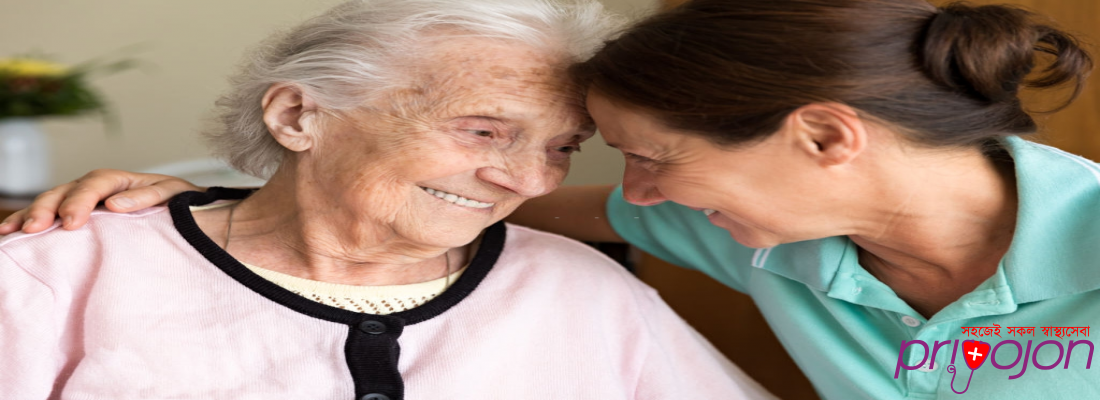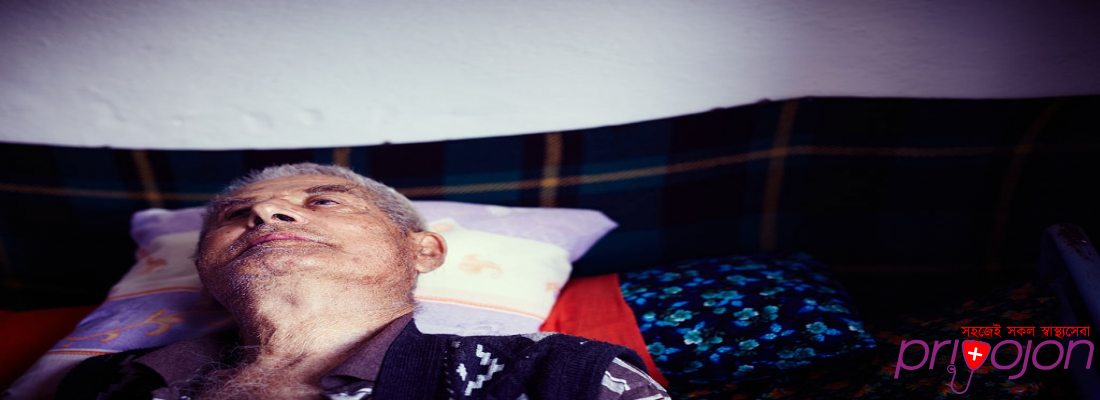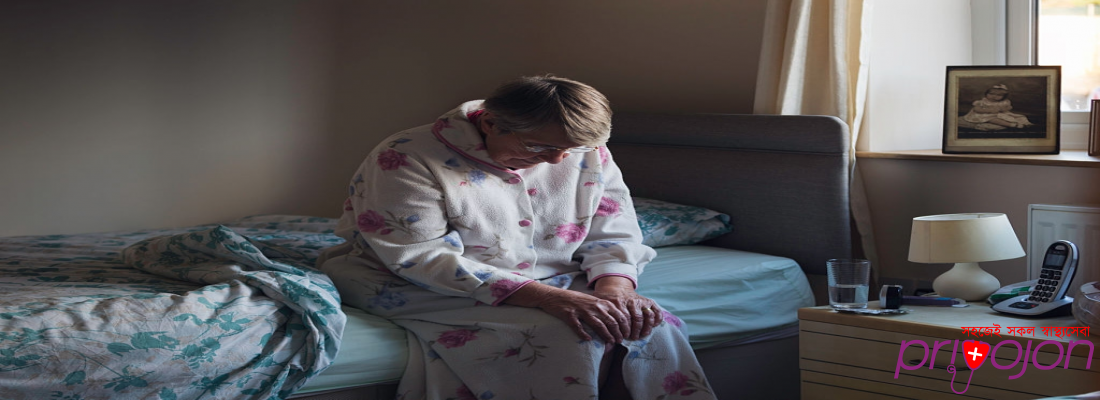Posted at 06-04-2020

One of the leading causes of hospital readmissions is the lack of adequate support following a hospital discharge. To help make a patient’s transition home smooth and successful, Home Care Assistance is committed to educating seniors and their loved ones about post-hospitalization care through our Hospital to Home Care program, a comprehensive set of resources for families managing the sometimes difficult transition home after hospital
...read more
Posted at 06-04-2020

Starting in 1938, the Harvard Department of Psychiatry initiated the Grant Study in order to uncover the key to happiness and healthy longevity by tracking the lives of 724 men for 75 years. Participants shared their social histories, answered written surveys every other year, participated in face-to-face interviews every fifteen years, and completed physical examinations every five years along with brain scans, video interviews and more.
The
...read more
Posted at 06-04-2020

This June, Home Care Assistance is “going purple” to raise awareness for Alzheimer’s disease and other forms of dementia. Currently, there are over 47 million people living with dementia worldwide. Home Care Assistance is dedicated to providing educational resources on expert care tips for individuals living with Alzheimer’s disease or another form of dementia, as well as providing skilled, compassionate caregivers to lend
...read more
Posted at 06-04-2020

When it becomes evident that our aging parents or loved ones need some additional assistance in the home, the next step is broaching the subject. It can be difficult to talk about this topic with your senior loved one as it sometimes makes them feel their independence will be limited, but this is a normal reaction and one we can help you navigate. Ultimately, you are trying to protect your aging parent’s health, safety and wellbeing an
...read more
Posted at 05-04-2020

According to the Centers for Disease Control, more than 795,000 people in the United States have a stroke each year. Stroke risk increases with age. If you are the caregiver of a loved one who has suffered a stroke, you need to know how to care for their specific post-stroke health needs. The physical impact of a stroke can be slight or devastating, but all take great compassion in order to help your loved one recover. Here are the
...read more
Posted at 05-04-2020

your loved one has suffered a stroke you need to know as much as possible about in-home stroke care. Hospitals and rehabilitation centers can only keep patients for the length of time allowed by insurance coverage. That means that most likely your loved one will be discharged before they are fully recovered. The transition home can be a difficult one but with knowledge on how to recover from a stroke at home, you can properly prepare. You wi
...read more
Posted at 05-04-2020

Overview
Dementia is a collection of symptoms that can occur due to a variety of possible diseases. Dementia symptoms include impairments in thought, communication, and memory.
Symptoms of dementia
If you or your loved one is experiencing memory problems, don’t immediately conclude that it’s dementia. A person needs to have at least two types of impairment that significantly interfere with everyday life to receive a dementia
...read more
Posted at 05-04-2020

Many of us know the classic signs of Alzheimer’s disease like losing things, forgetting how to conduct simple tasks like boiling water or making a phone call, and losing the ability to recognize loved ones. However, there are four early signs of Alzheimer's disease that may surprise you. They can be subtle, but if you spend time with your loved one and you are aware of these signs, you will recognize them as they slowly emerge. Then you
...read more
All Health Tips
Weight Management
Nutrition & Diet
Fitness & Exercise
Women's Care
Women's Health
Respiratory Health
Diabetes
Heart Health
Cancer
Thyroid
Pain Management
Sleep Disorders
Pregnancy
Parenting - Newborn & Baby
Parenting - 1 yr+ Child
Sexual Problem
Mental Health & Well-Being
Dental Care
Kidney
Liver
Services
Ear Care
Eye Care
Therapy
Hair Care
Nursing Care
Skin Care
Sexual Wellness
Mouth Care
Oral Cancer
Ayurvedic Therapy
Equipment Rent Service
Abnormal Uterine Bleeding
Acidity
Adenomyosis
Addiction
Others
Mental Problem
Growth Disorder
Nose Care
Orthopedics
Neurology
Genetic Disorder
Alcoholism
Hypertension
ADLs
General Health
Nursing
